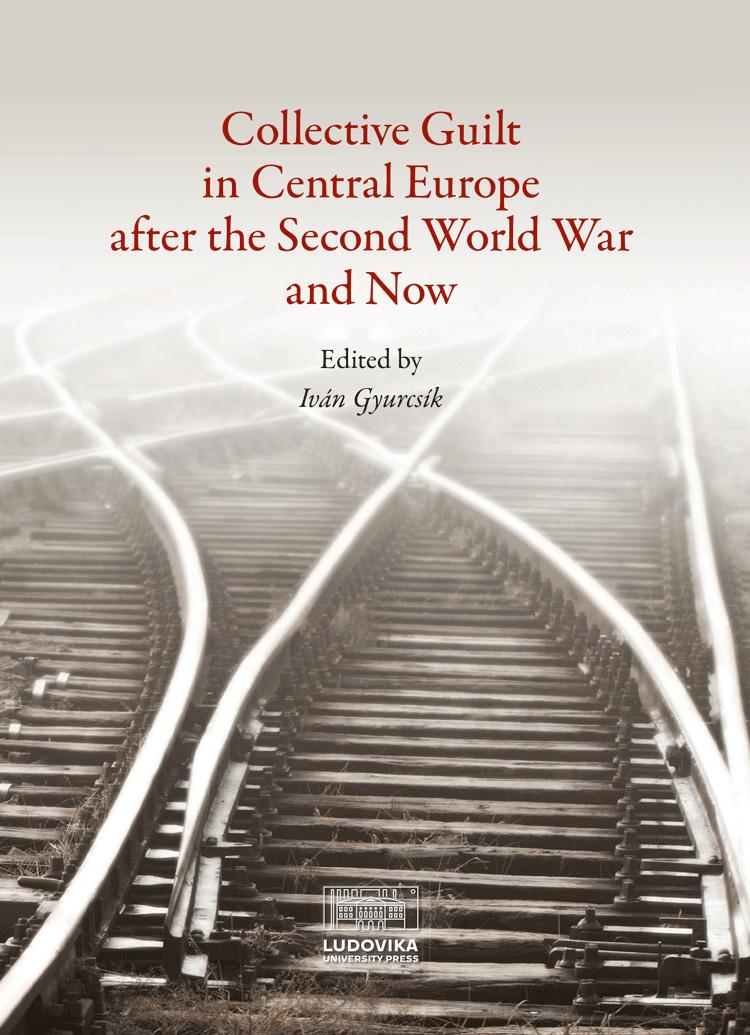The Lasting Impact of the Beneš Decrees in Slovakia
Absztrakt
The Beneš Decrees, laws punishing the German and Hungarian communities of Czechoslovakia after the Second World War, are usually described as a historical phenomenon. This article shows that recently they have become a current legal issue after Slovak authorities have started applying the decree on confiscating property against current owners of property in Slovakia. There are several legal avenues for how confiscations can currently take place. The most famous example was exposed by the case of Bosits v. Slovakia, decided by the European Court of Human Rights in 2020. However, some other forms are more frequent and less transparent. Not only are these procedures contrary to Slovak law, but they are also taking place in a very different legal context compared to the post-war era. Slovakia as a member of the European Union is bound by the EU Treaties, and is a signatory to human rights treaties that protect the right to property and freedom from discrimination. Confiscations on the basis of ethnicity, applying the principle of collective guilt, constitute a severe violation of these norms. The Beneš Decrees affect the present not only through confiscations; they serve as the ideological basis for the current relationship between the majority and minorities in Slovakia. To overcome them, the first step should be quantifying the problems they have caused, to be able to offer specific suggestions on how these could be remedied.



.svg)
